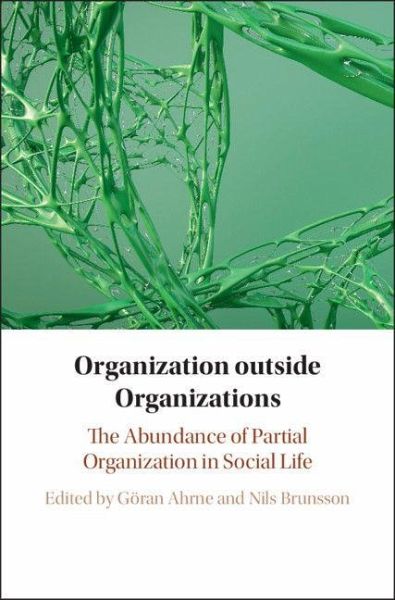
Organization outside Organizations
Versandkostenfrei!
Versandfertig in 1-2 Wochen
110,99 €
inkl. MwSt.
Weitere Ausgaben:

PAYBACK Punkte
55 °P sammeln!
Describes the organizational aspects of contemporary society, explaining how organization occurs not only inside formal organizations, but also outside and among them.



